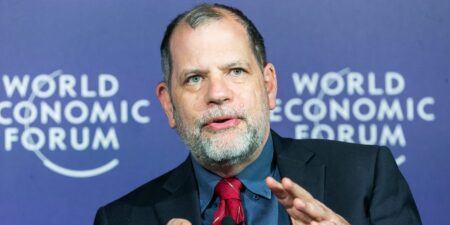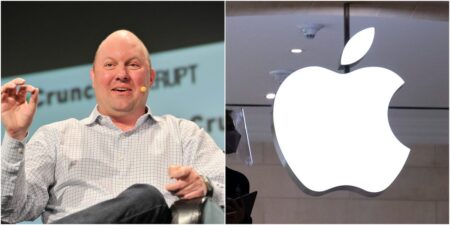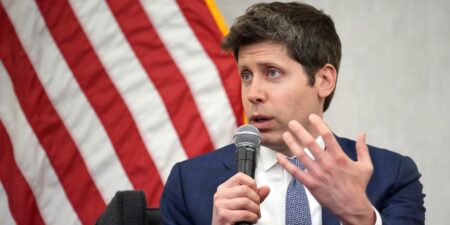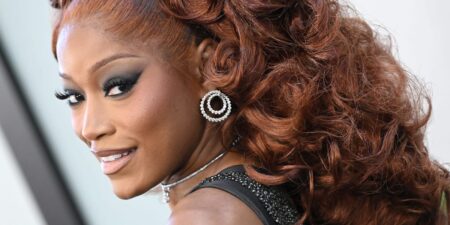It’s one of the most frustrating parts of job hunting: You apply, maybe even land an interview, and then get rejected. Often, you don’t know why you didn’t get the job, or what made the person who did stand out.
Those answers often lie with the hiring managers and HR leaders who make the final call.
Blair Ciesil, partner, global talent attraction at McKinsey, pointed to an associate in the firm’s Houston office named Caitlin — a former theater major who pivoted to management consulting. Ciesil said the pandemic’s impact on the theater industry prompted Caitlin to explore new career options, leading her to take marketing classes and eventually launch a film and TV production business .
When Caitlin interviewed for the associate role, Ciesil said her creativity and resilience — two qualities McKinsey values — stood out, and she clearly articulated how her skillset could apply to the role.
“She had never been a consultant before, but talking about how she was agile and adaptable and pivoted her career — that was evidence for us that she likes to do hard things,” Ciesil said. “She used what I think was a pretty difficult period for her professionally as her superpower in the hiring process.”
Many job seekers aren’t having the same success. Since last fall, Business Insider has heard from more than 800 people who say they’re struggling to find work, including recent college graduates and middle managers. Amid economic uncertainty, companies are posting and filling fewer positions, and excluding a brief pandemic-related dip, US businesses are hiring at nearly the lowest rate since 2014, per the Bureau of Labor Statistics data.
In this environment, optimizing every step of the hiring process, from the application to the final interview, could make the difference. Business Insider asked four companies — McKinsey, Verizon, Kraft Heinz, and Exelon — for a peek behind the curtain: What made certain candidates stand out and ultimately get hired?
Leadership skills and humor can differentiate candidates
When hiring managers receive countless job applications, many from qualified candidates, some choose to narrow in on specific skillsets they value.
Spring Lacy, Verizon’s vice president of talent acquisition, recalled a junior-level hiring process for an IT analyst role that drew more than 1,000 applications — a number she said isn’t unusual.
Lacy said recruiters narrowed the applicant pool down to about nine candidates. From there, one of the hiring team’s main goals was to assess which candidates had the leadership and soft skills Verizon looks for at all role levels, including the ability to consider diverse perspectives and critical thinking.
“Our interview questions are geared toward assessing whether that person has those particular leadership skills,” she said, adding that Verizon has team members with psychology backgrounds who help design the questions.
Other hiring managers prioritize how well a candidate’s personality fits with their team.
Denise Galambos, Exelon’s chief people and equity officer, recalled a recent senior-level hiring process in which several candidates appeared highly qualified on paper. To differentiate among them, she said she focused on two key “soft skills.”
The first was whether the candidate could work well with a wide range of people. To gauge this, Galambos had eight colleagues from different departments interview the finalists and share feedback.
“I picked very different people from the company,” she said. “It’s important to be able to work with lots of different people.”
The second was whether they had a sense of humor.
“HR is a tough job sometimes, and I wanted somebody who could see humor in the world and work hard, but also understand that sometimes life is silly,” she said.
Showing genuine interest in the role and company could make you stand out
Some candidates’ applications stand out right away, but their interviews and networking put them over the top.
McKinsey’s Ciesil pointed to Grant, an associate in the company’s Boston office, whose background in the Army special forces and triathlon competition showcased his resilience. But she said these weren’t the only things that made him stand out.
Ciesil said it’s rare to meet people who aren’t just networking for transactional reasons — and seem genuinely interested in making connections with people. She said Grant came across as an “authentic relationship builder” while speaking with McKinsey employees at company events and during the interview process.
“He’s someone who is an active listener — asking more questions to get to know not just the work that our colleagues do, but how they do it, what makes them tick, what their passions are, what they’re excited about,” she said.
In addition to strong qualifications and skills, demonstrating a deep understanding of the company and role can go a long way.
Mathias Rech, head of people & performance, marketing, at Kraft Heinz North America, recalled a candidate who had tried one of the company’s newest products before the interview. He said this led to a productive conversation that showcased the candidate’s understanding of the business and a genuine interest in the position.
Coming across well during the hiring process might not just help you land a job — but boost your chances of working for the employer down the road.
Exelon’s Galambos recalled a candidate for a cybersecurity role who declined the company’s job offer. However, roughly a year-and-a-half later, this person applied for a new role at Exelon and was ultimately hired. Galambos said the reverse can also happen: Someone the company initially passes on could land a role later on.
“We turn down people for a whole variety of reasons,” she said. “A ‘no’ once doesn’t mean a ‘no’ forever.”
Read the full article here
















